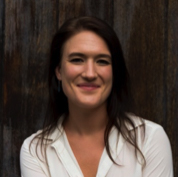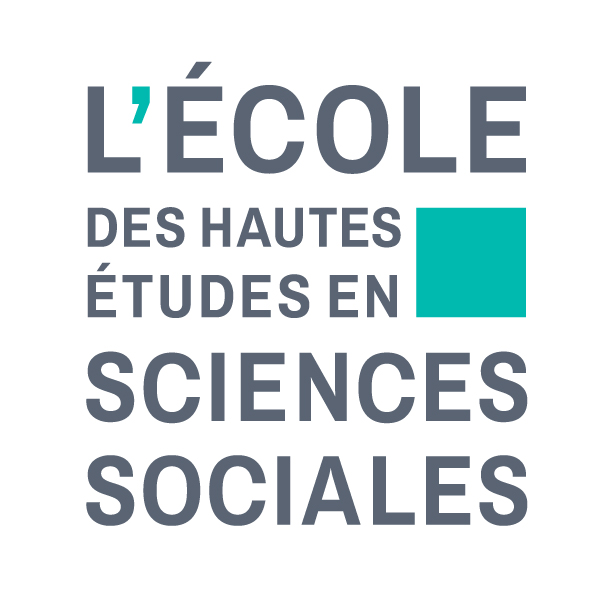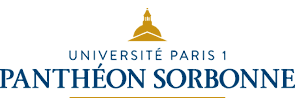Membres | Doctorants
Erica Feild

Coordonnées professionnelles
Sujet de thèse
Imagining moros, moriscos, and mahometanos : Race and Religion from Granada to Manila (c. 1550-c. 1750). Sous la direction de Sibylle Fischer (université de New York) en co-direction avec Jean-Frédéric Schaub (EHESS) et Zeb Tortorici (université de New York).
Financement de la thèse : New York University McCracken Fellowship
Résumé
Despite a series of sixteenth-century laws that restricted travel to Spain’s colonies in the New World to cristianos viejos (Old Christians, or descendants from purely Christian families), we now know that Muslims and converts from Islam did arrive in the Spanish Americas. Karoline Cook’s recent monograph, Forbidden Passages: Muslims and Moriscos in Colonial Spanish America (2016), documents the presence of Mediterranean Muslims and moriscos (converts from Islam to Christianity) in the Americas through their appearances before Inquisition Tribunals in the New World. After 1565, Spain’s incorporation of the Philippines into the Viceroyalty of New Spain—Spain’s largest and most important overseas colonial possession—brought colonists into direct contact with local Muslim populations in the Pacific. These two historical situations raise important questions about how Muslims and moriscos were named and represented in New Spain. My dissertation research asks: to what extent do colonial representations draw on images and ideologies forged throughout Spain’s varied interactions with its Hispano-Muslim populations? When and where did new representations emerge? How do colonial depictions of Muslims and converts come into play in debates about slavery in both the Pacific and Atlantic Worlds?
“Imagining moros, moriscos, and mahometanos” engages the above questions by examining the ways in which Muslims and converts from Islam were named and represented in a wide range of Spanish-language texts, such as, Inquisition records, official correspondence, laws, plays, and satire, written in Spain and New Spain in the 16th – 18th centuries. I hypothesize that an in-depth analysis of the depictions and terminologies that surrounded Muslims and converts in Spain and New will offer new insight regarding the ways in which perceptions of racial and religious difference came together (or diverged) at different locations and moments in the Spanish Empire.
Mots-clés : Moriscos, Race, Spanish Empire, Inquisition, New Spain
 Actualités
Actualités
Les Rendez-vous de Mondes Américains
 Rencontres scientifiques - Mercredi 24 avril 2024 - 09:00Le laboratoire Mondes Américains (UMR 8168) vous invite à la troisième édition des Rendez-vous de Mondes Américains, consacrés à la présentation, aux commentaires et à la discussion de quatre ouvrages récents et d'un film documentaire des (...)(...)
Rencontres scientifiques - Mercredi 24 avril 2024 - 09:00Le laboratoire Mondes Américains (UMR 8168) vous invite à la troisième édition des Rendez-vous de Mondes Américains, consacrés à la présentation, aux commentaires et à la discussion de quatre ouvrages récents et d'un film documentaire des (...)(...)
Entretien avec Marie Assaf, doctorante de l'EHESS, sur l’état de la recherche sur les politiques du handicap
Échos de la recherche -Doctorante de l'EHESS en Études Politiques (Centre d'études nord-américaines - Laboratoire Mondes américains), Marie Assaf travaille sur les politiques d'emploi à destination des personnes handicapées aux États-Unis. À travers son analyse ethnographique des pratiques et di (...)(...)
Les Rendez-vous de Mondes Américains
 Rencontres scientifiques - Mardi 18 avril 2023 - 09:30Mondes Américains (UMR 8168) organise la deuxième édition des Rendez-vous de Mondes Américains, consacrée à la présentation et à la discussion de sept ouvrages récents des membres du laboratoire.Les publications aborderont des thématiques his (...)(...)
Rencontres scientifiques - Mardi 18 avril 2023 - 09:30Mondes Américains (UMR 8168) organise la deuxième édition des Rendez-vous de Mondes Américains, consacrée à la présentation et à la discussion de sept ouvrages récents des membres du laboratoire.Les publications aborderont des thématiques his (...)(...)
Mondes Américains -
UMR 8168
EHESS
2, cours des Humanités
93322 Aubervilliers cedex
France
Tél. : +33 (0)1 88 12 03 99
Communication :
T. +33 (0) 1 88 12 03 44




